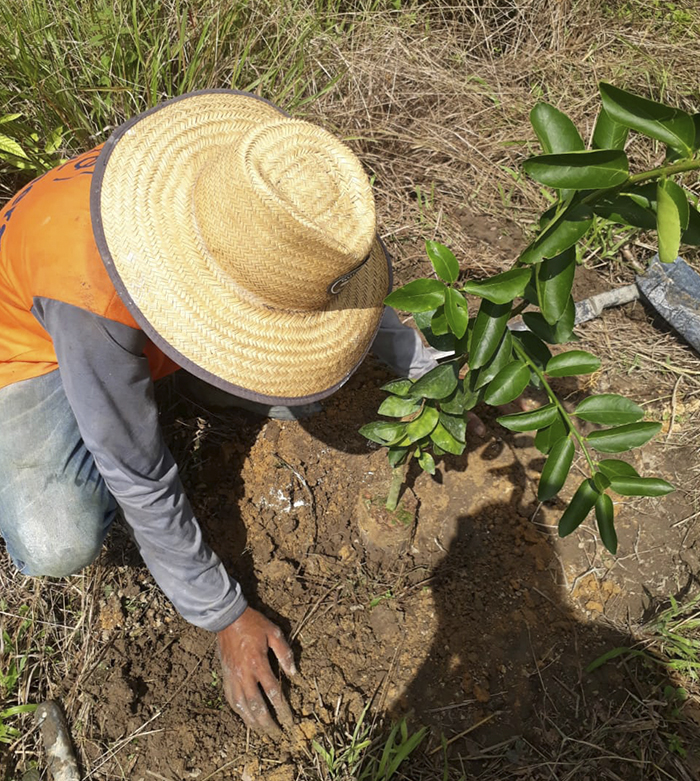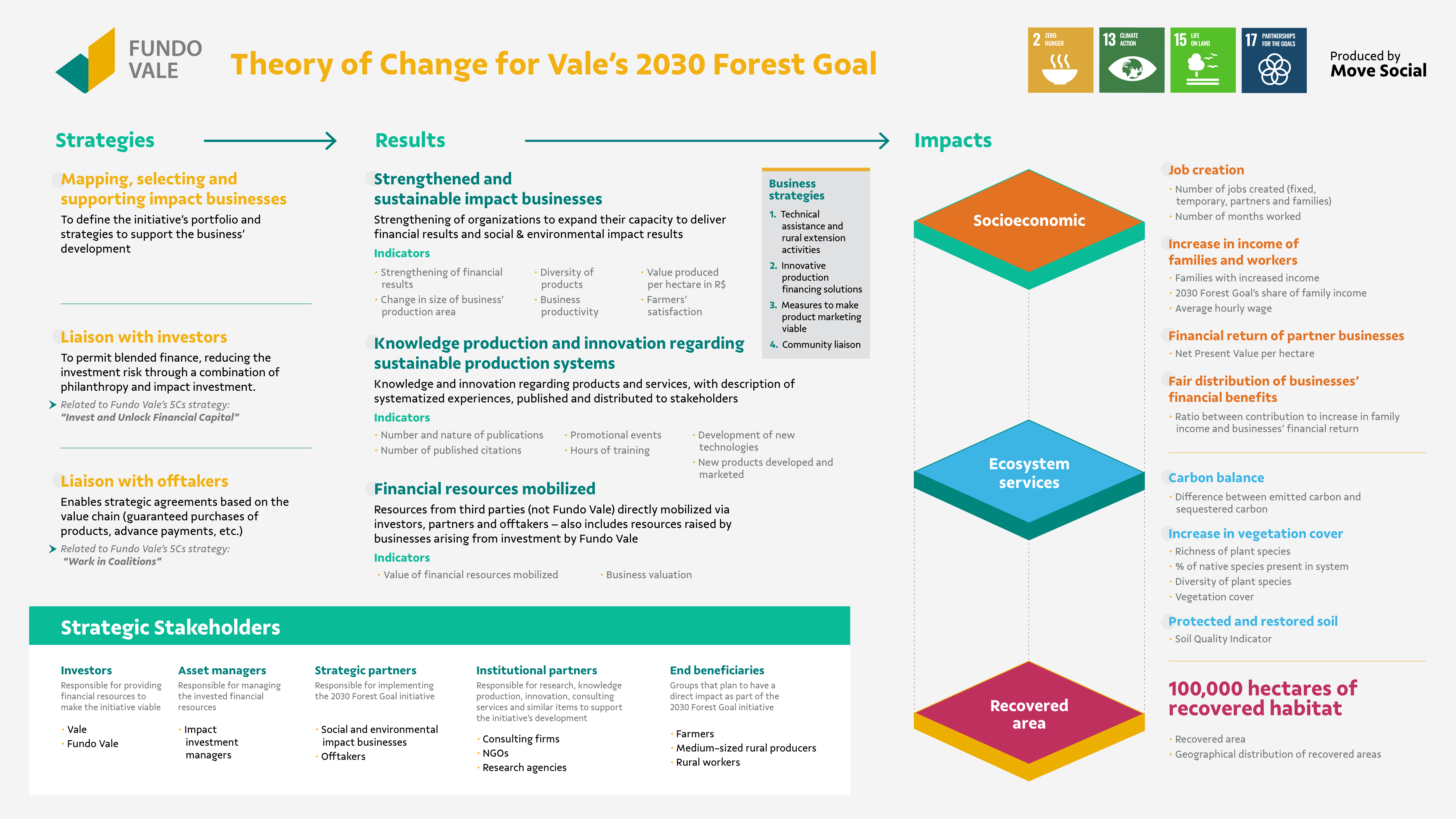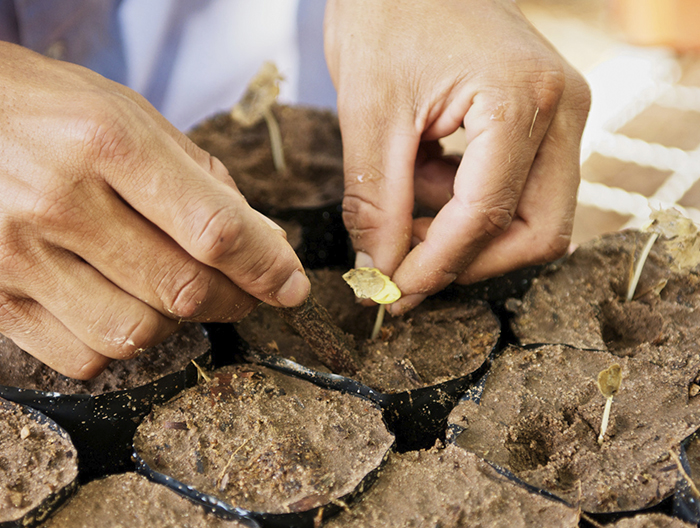Fundo Vale has already begun a feasibility study for the generation of forest carbon credits by reducing emissions from deforestation and forest degradation, linking the forest component to its climate change commitments. The idea is to test the feasibility of creating carbon credits, combining sustainable resource extraction or management with forest conservation, preventing deforestation and generating income through social and biological diversity businesses. We call this “impact carbon.” Thus, in future, Vale could use these credits in a complementary way in its carbon neutralization strategy.
“We are also studying initiatives to strengthen reductions in emissions from avoided deforestation, such as REDD+ (Reducing Emissions from Deforestation and Forest Degradation), in addition to other ecosystem services that can be scaled up through partnerships with public, private and civil society agents. The idea is to encourage the preservation of forests, especially in the Amazon, offering financial incentives through forest carbon credits at fair prices to local populations, combating illegal deforestation and encouraging the bioeconomy.”
Gustavo Luz, Fundo Vale & Equity Stakes Manager



